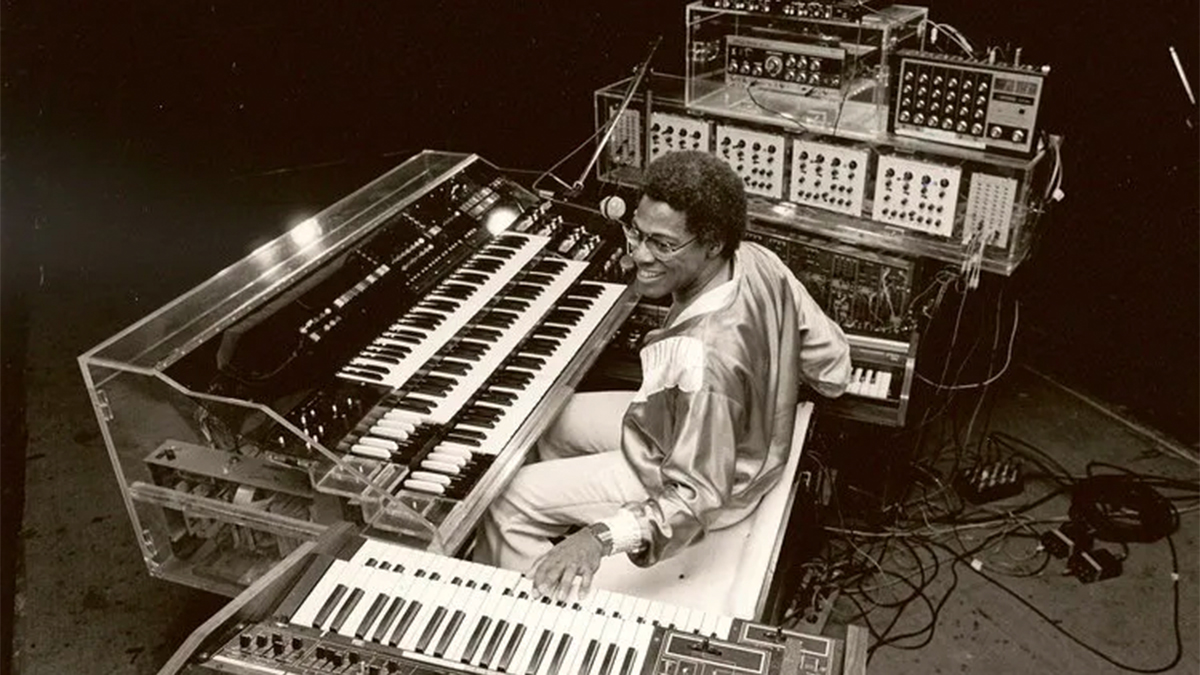Synth legend Don Lewis, creator of LEO and consultant on the Roland TR-808, has died aged 81
Lewis also designed voices for the Yamaha DX7 and worked with Quincy Jones and Michael Jackson

Synthesizer pioneer Don Lewis has died at the age of 81, it’s been confirmed.
Lewis rose to prominence in the ‘70s when he created LEO, his Live Electronic Orchestra. Designed in 1974 and finally completed three years later, this complex project involved Lewis linking multiple synths together so that he could control them simultaneously for live performances - and all without the aid of MIDI, which had yet to be invented.
Lewis also worked with Roland founder Ikutaro Kakehashi on multiple rhythm machines, including the CR-78 and the iconic TR-808. Kakehashi became friends with Lewis after he discovered that he’d modified the FR-2L, one of the rhythm machines made by his previous company, Ace Tone, wiring it through his organ’s expression pedal to accent the percussion.
Lewis first met Kakehashi at a Hammond organ concert during the 1969 NAMM Show. After he’d finished his performance, Lewis was approached by a smiling Kakehashi, who said: “This looks like my rhythm unit, but it doesn’t sound like my rhythm unit.”
Following this meeting, Lewis went on to work as a consultant for Roland, flying between San Francisco and Japan to work with the company’s development teams and provide feedback on their work.
“When the first TR-808 arrived on my doorstep from Japan, I couldn’t wait to start programming it,” Lewis later recalled. “And when I added it to LEO everything changed- not just the drum tracks.”
Lewis went on to work with Yamaha on patches for the legendary DX7, helping to give this FM synth its unique voice. His contribution was recognised in Ned Augustenborg’s 2020 documentary he Ballad of Don Lewis: The Untold Story of a Synthesizer Pioneer.
Want all the hottest music and gear news, reviews, deals, features and more, direct to your inbox? Sign up here.
The film also shows how, in the ‘80s, Lewis was targeted by the Musicians’ Union, which saw Lewis’s technological advancements as a threat. Within the music production industry, though, he continued to flourish, designing sounds for Quincy Jones and Michael Jackson.



I’m the Deputy Editor of MusicRadar, having worked on the site since its launch in 2007. I previously spent eight years working on our sister magazine, Computer Music. I’ve been playing the piano, gigging in bands and failing to finish tracks at home for more than 30 years, 24 of which I’ve also spent writing about music and the ever-changing technology used to make it.